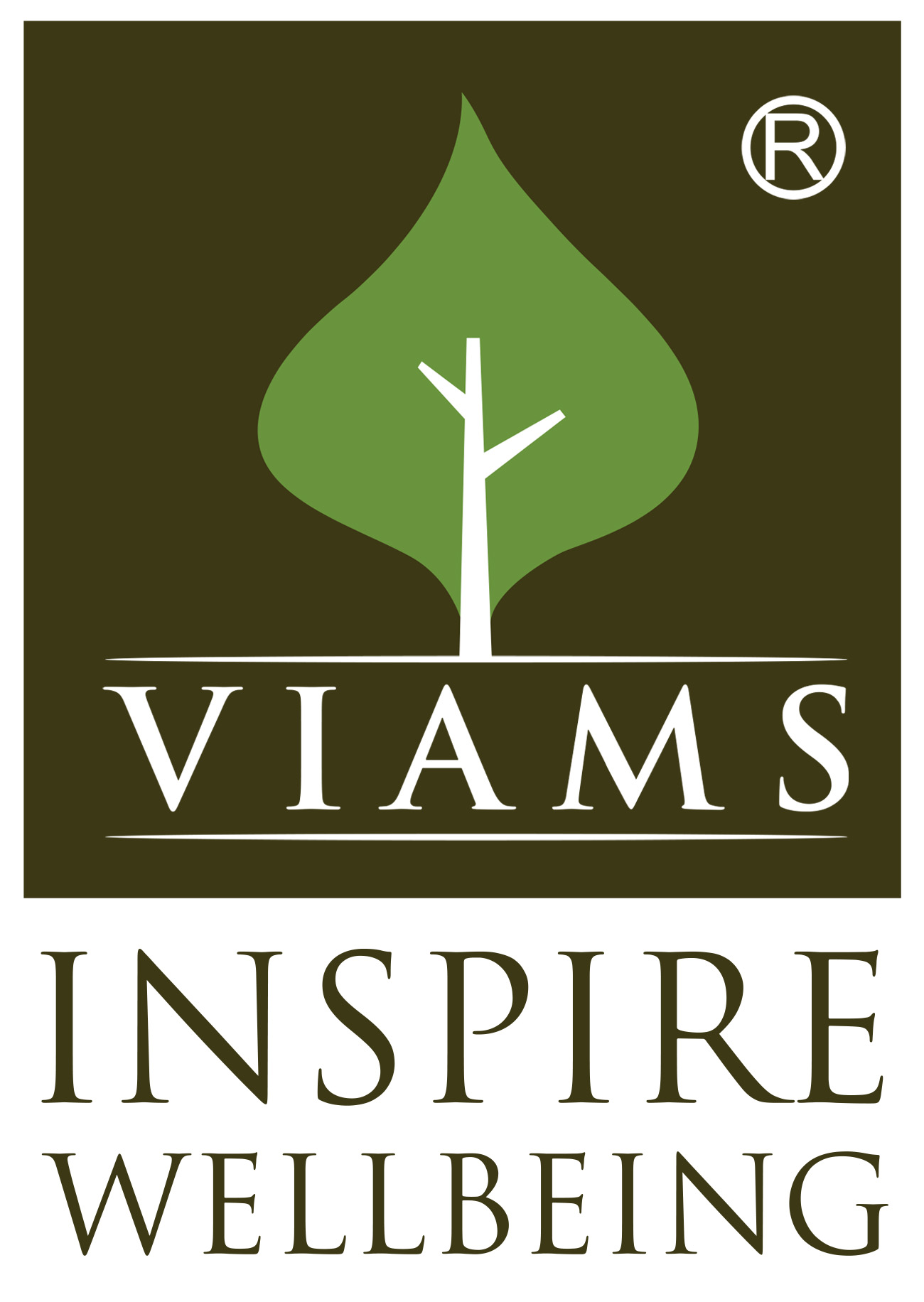Menopause & Hormonal Changes
1. Menopause
Menopause marks the end of a woman’s reproductive years, typically occurring between the ages of 45 and 55. During this phase, the ovaries produce less estrogen, leading to symptoms such as hot flashes, night sweats, mood swings, and bone density loss. Modern treatment includes hormone replacement therapy (HRT), lifestyle changes, and medications to manage symptoms and prevent bone loss.
Ayurvedic Aspect:
Ayurveda views menopause as a natural transition in a woman’s life, primarily influenced by the Vata dosha. The decrease in estrogen is seen as a shift in the body’s natural balance, leading to symptoms such as dryness, fatigue, and mood disturbances. Ayurvedic treatments focus on pacifying Vata through herbal remedies like Ashwagandha, Shatavari, and Brahmi, which support hormonal balance and ease menopausal symptoms. Panchakarma therapies, such as Abhyanga (oil massage) and Basti (medicated enema), help detoxify the body and alleviate discomfort.
VIAMS’s Integrated Treatment Protocol:
Our protocol combines modern medical diagnostics with Ayurvedic therapies to manage the symptoms of menopause holistically. We offer personalized treatments to help balance hormones, improve mood, and strengthen bones. The combination of Ayurvedic herbs, Panchakarma, Yoga, and diet helps women transition smoothly through menopause while minimizing symptoms and promoting long-term health.
2. Perimenopause
Perimenopause is the transitional phase before menopause, often characterized by irregular periods, mood swings, hot flashes, and sleep disturbances. Hormonal fluctuations during this time can make symptoms unpredictable. Conventional treatments include low-dose hormonal therapies, antidepressants, and lifestyle adjustments to manage symptoms.Ayurvedic Aspect:
In Ayurveda, perimenopause is managed by supporting the body’s natural rhythm and balancing the doshas, particularly Vata and Pitta. Herbal formulations like Shatavari and Ashoka help regulate menstruation, while cooling herbs like Brahmi are used to manage hot flashes and mood swings. Ayurveda emphasizes lifestyle practices such as Yoga and meditation to help maintain mental clarity and emotional balance during this phase.
VIAMS’s Integrated Treatment Protocol:
Our integrated approach at VIAMS combines modern and Ayurvedic practices to support women during perimenopause. We offer tailored Ayurvedic therapies to manage hormonal fluctuations, regulate periods, and reduce symptoms like hot flashes. Stress management techniques like Yoga and Pranayama are incorporated to improve emotional well-being, while personalized dietary plans support overall health during this transition.
3. Osteoporosis
Osteoporosis is a condition that causes bones to become weak and brittle, often affecting post-menopausal women due to decreased estrogen levels. This condition increases the risk of fractures and other complications. Modern treatments include calcium and vitamin D supplements, bisphosphonates, and weight-bearing exercises to maintain bone density.
Ayurvedic Aspect:
Ayurveda considers osteoporosis to be a result of Vata imbalance, affecting the bones (Asthi Dhatu). Ayurvedic treatments focus on nourishing the bones and balancing Vata with herbal supplements like Hadjod (Cissus quadrangularis), Ashwagandha, and Bala. Ayurvedic therapies like Abhyanga (oil massage) help strengthen the bones, while dietary recommendations emphasize calcium-rich foods and Rasayanas to rejuvenate bone tissue.
VIAMS’s Integrated Treatment Protocol:
At VIAMS, we adopt a holistic approach to treating osteoporosis by integrating modern bone health management with Ayurvedic therapies. Our protocol includes personalized herbal treatments to strengthen bone health, Panchakarma therapies to detoxify and rejuvenate, and Yoga practices to enhance flexibility and balance. We also provide dietary advice rich in calcium and other nutrients essential for bone health, ensuring a comprehensive treatment plan for post-menopausal women.
Our Uniqueness
- Tailor-made medicines from our own Pharmacy
- Integration of Allied Healthcare Techniques
- Experienced Doctors & Therapists
- Three Stages of Treatment with Assessment
- Continuous Online Support 24 X 7
